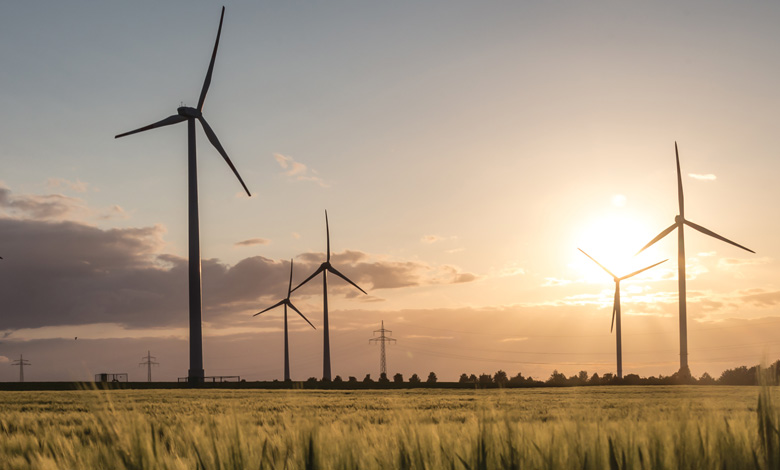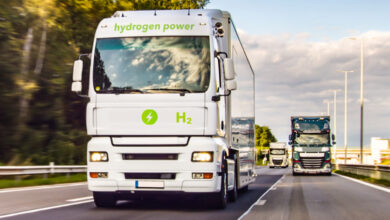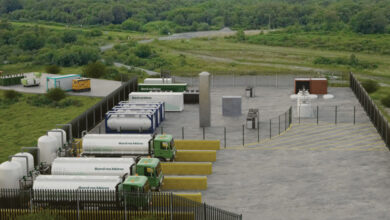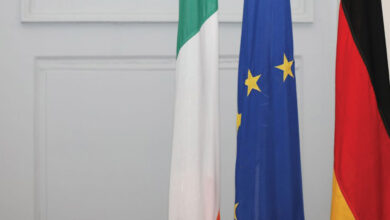Ireland’s energy and climate plans ‘not sufficient’

The European Commission states Ireland’s National Energy and Climate Plan (NECP) is not adequate if the State is to play its role in helping the EU meet its emissions reductions targets.
With annual average temperatures 0.9°C higher than in the 1900s and the last 30 years presenting a 7 per cent increase in annual rainfall, the Government has been set climate action mandates by the European Commission which it is legally obliged to meet.
To achieve this, the National Energy and Climate Plans (NECPs) are the framework by which Ireland and other EU member states report to the European Commission on their climate and energy objectives and targets set out under various EU regulations and directives.
Member states are required to develop NECPs on a 10-year rolling basis, with an update halfway through that covers the five Dimensions of the Energy Union.
The developments are reflected in the legislative and policy framework adopted under both the Fit for 55 package and the REPowerEU plan.
The Governance Regulation, within which the NECP framework sits, consolidated the existing patchwork of planning, monitoring, and reporting obligations member states had under the different pieces of EU legislation across energy, climate, and other Energy Union related policy areas.
Assessment of the draft NECP
The assessment finds that the cumulative impact of the draft NECPs (including draft figures from Belgium, Ireland, and Latvia) are not sufficient to reduce greenhouse gas emissions by at least 55 per cent by 2030, as is legally required by Fit for 55 legislation.
Under the Effort Sharing Regulation, the plan provides emission projects demonstrating that with existing policies and measures, Ireland is not on track to meet its national greenhouse gas emissions reduction target of -42 per cent in 2030, with the Government’s proposed target equating to -10.2 per cent.
Regarding Ireland’s share of renewable energy in gross final consumption, Ireland’s submitted contribution to the target (31.4 per cent) is significantly below the one outlined as mandatory under EU legislation (43 per cent).
The Commission also indicates that despite Ireland’s draft NECP focusing on the use of renewable hydrogen on hard-to-decarbonise sectors, and aiming to produce a target of 2GW of offshore wind capacity dedicated to renewable hydrogen production by 2030, the plan contains “no targets set for RFNBO use in industry”.
Additionally, the assessment states that “the hydrogen strategy is based on domestic production, and no references to international partnerships in the form of agreement, memorandum of understanding or bilateral talks for imports have been included”.
Similarly, on land use, land-use change, and forestry (LULUCF), Ireland’s draft NECP does not clearly set out a pathway and instead includes projections for existing measures with no clear implementation of timeframe.
The Commission reiterates its call for Ireland to enhance its efforts on greenhouse gas emissions reductions and better prepare for an increased uptake of renewables and improvement of energy efficiency measures.
Ireland is consequentially required to submit the final updated NECP by 30 June 2024, taking consideration of the Commission’s recommendations and individual assessments.





